Barrier (1966)
“Where does it say everyone has to make good?”
|
Synopsis: |
|
Genres, Themes, Actors, and Directors:
Review: … and leaves with simply his suitcase and a piggie bank to visit his dad in a retirement home: … where he’s given a letter by his father and sent on a wild-goose-chase involving a World War I saber and an older woman (Malgorzata Lorentowicz). He climbs up a wall with chickens on it (?!): … meets and dates a pretty tram operator: … and sits in a mostly-empty restaurant with too many waiters milling around: … where eventually, newspapers are made into jaunty party hats. Nowicki also attacks a plastic-wrapped car with his saber at one point. Given how little any of this makes sense, it’s challenging to follow or care very much — if at all — about what happens next. Knowing that Skolimowski later helmed Deep End (1970), The Shout (1978), and Moonlighting (1982) (among other titles) makes this early outing more of a curiosity for those interested in how he’s evolved as a director — but it’s not must-see viewing on its own. Notable Performances, Qualities, and Moments: Must See? Links: |
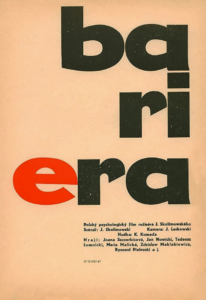
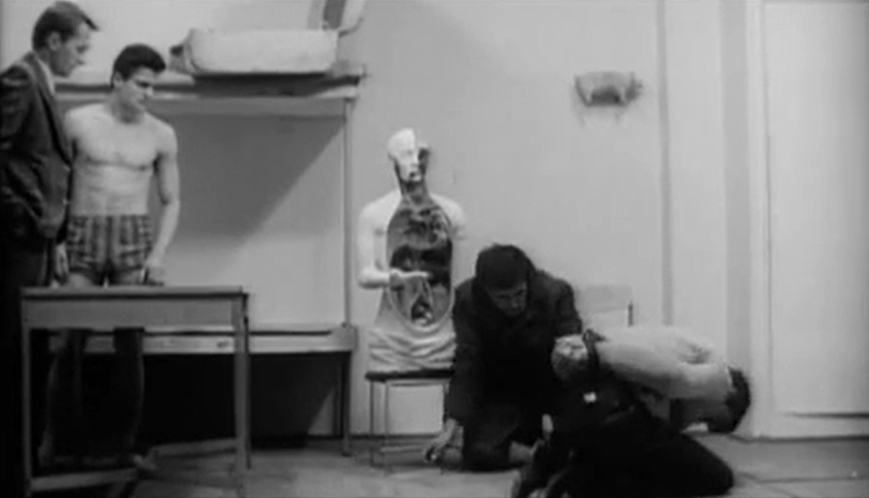
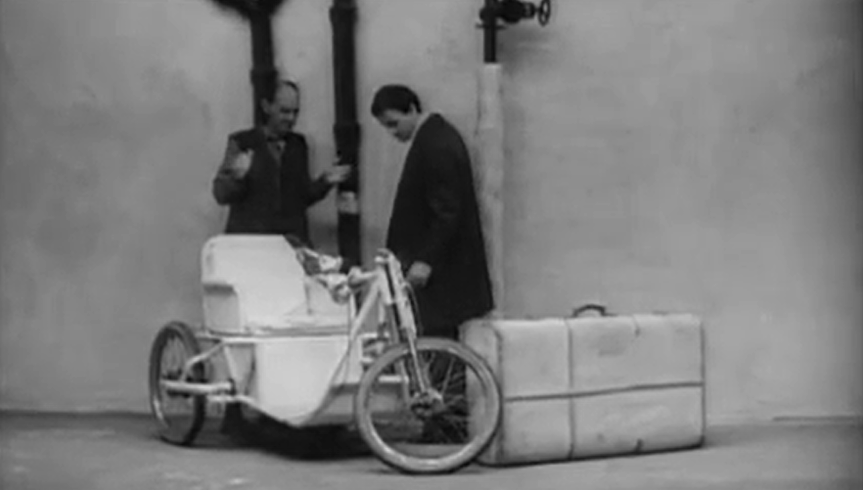
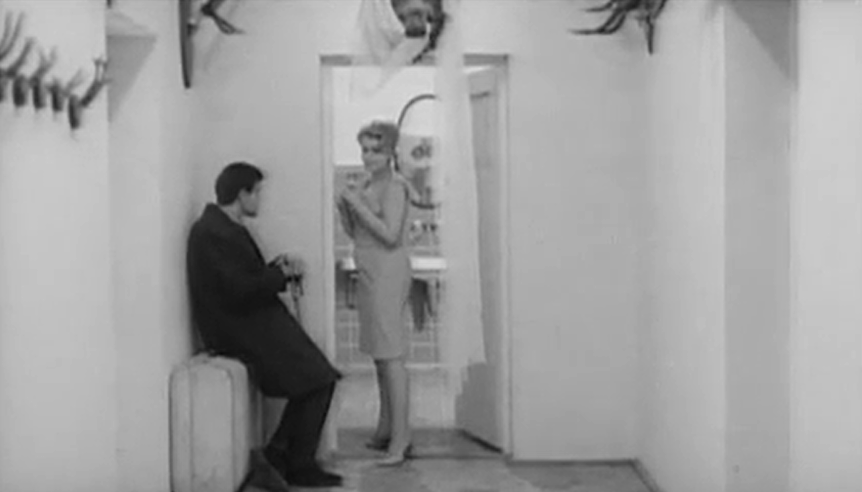
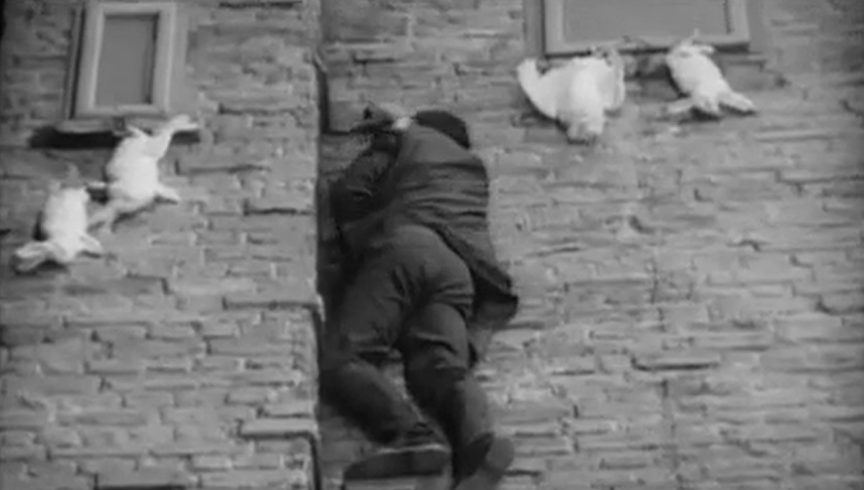
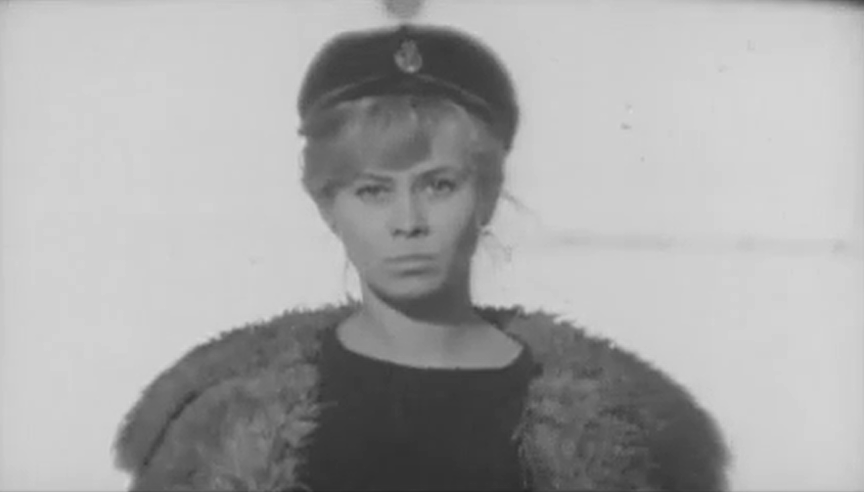
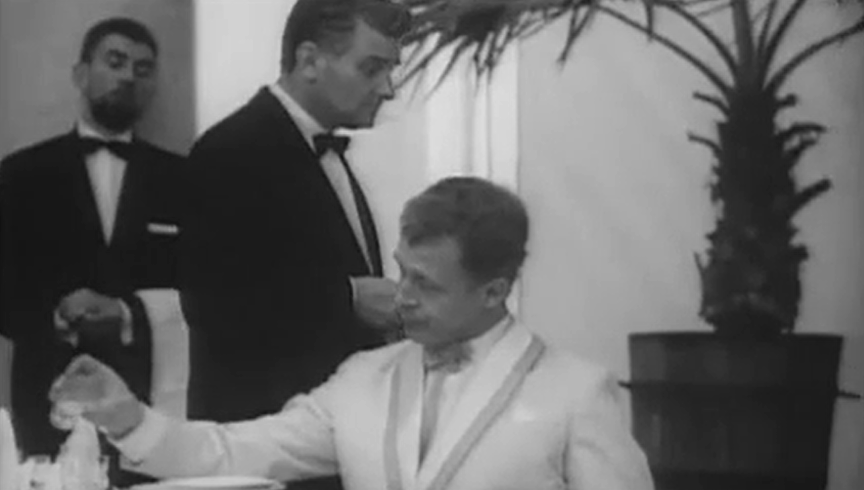
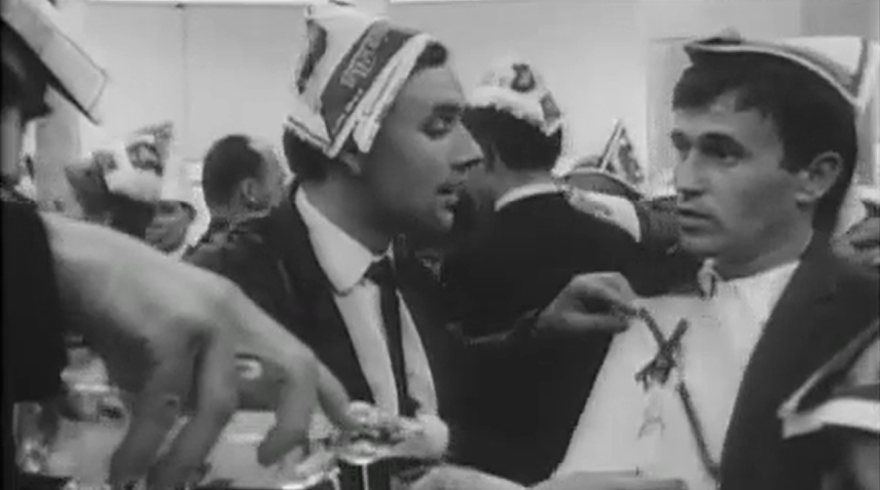
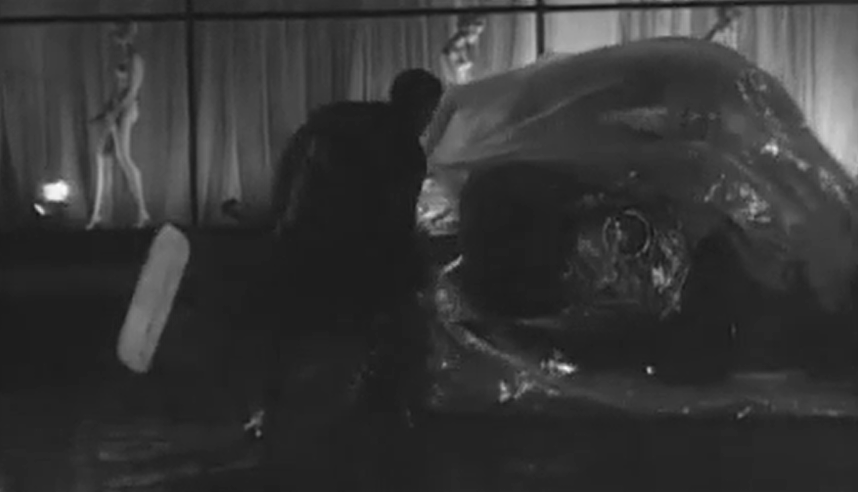
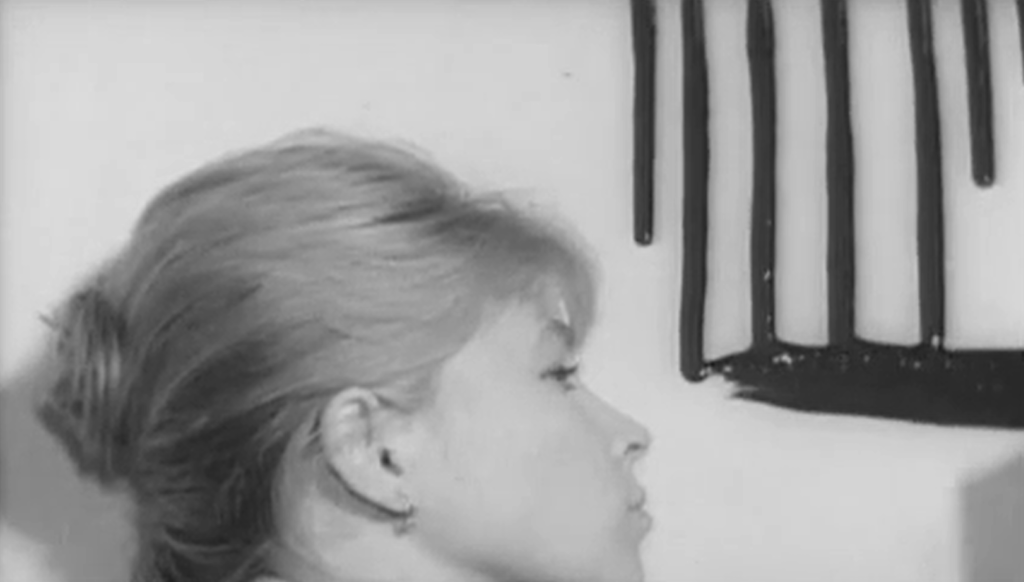
One thought on “Barrier (1966)”
First viewing (5/9/21). Not must-see.
This experimental ‘fever dream’ will most likely try the patience of viewers. It’s the kind of thing which, for its freewheeling nature, may have had more resonance in its time (the ’60s), whether viewers were Polish or outsiders. These days it comes off as simply disorienting and self-consciously arty.
I suppose you have to give over to its hallucinatory quality (that is, if you’re going to do *anything* with it). It comes off best as a coming-of-age tale – one written by the likes of Samuel Beckett. Some humor would have helped but, although there is eccentricity, I didn’t notice humor.
Oh… actually there is a bit of humor: in the short sequence in which the young girl needs a ‘certificate’ to be excused from work. The doctor is played by well-known Polish stage actor Tadeusz Lomnicki, and he is certainly fun to watch.
There is one lovely moment in the extended restaurant sequence – in which a washerwoman is suddenly interviewed as “the star of the show”. She begins to sing a song which is immediately engaging but that stops suddenly as the film veers off in another direction.
What I enjoyed most was composer Krzysztof Komeda’s quirky score. (This was a year before he began work on his best-known work – with Polanski, for ‘The Fearless Vampire Killers’ and ‘Rosemary’s Baby’.)
Although it’s not hard to believe that this was made by the director who gave us ‘Deep End’ and ‘The Shout’, it hardly seems the work of the guy who eventually helmed the much-better ‘Moonlighting’.